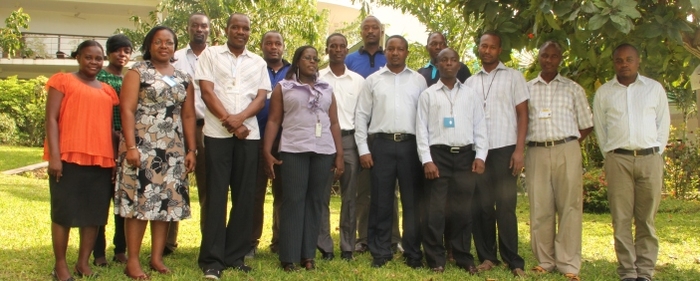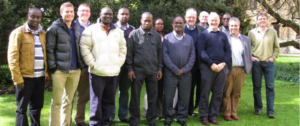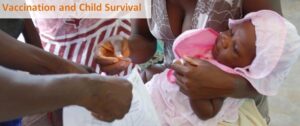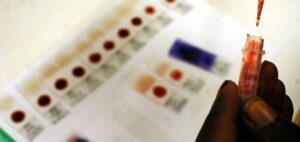
The World Bank has identified youth as a key driver of economic productivity, providing a potential ‘demographic dividend’, since a high proportion of older youth and young adults improve the dependency ratio and can drive the economy forwards. They represent a positive force in society, now and for the future. They are transiting from childhood to adulthood with many unknowns, anxieties and pressures.
With less support, they face dangers that are more complex than were faced by previous generations. Their heightened curiosity plunge them into early unprotected sexual activity, addictive behaviours, violence, accidents, depression and suicide. However, adolescent health is not only important because of mortality and morbidity during the second decade of life. Its effects shape the future health of adults. Mortality and morbidity are now higher in adolescents than in 1-4 year-olds in high, middle and some low-income countries. Public health priorities must change to reflect these demographic and epidemiological transitions if LMICs are to maximize the demographic dividend.
IHTAS PROJECT
In late 2013, INDEPTH, in collaboration with the London School of Hygiene and Tropical Medicine (LSHTM), intended to submit a detailed proposal to potential funders for a major, five-year research project on adolescent health, with a focus on adolescent sexual and reproductive health, known as the INDEPTH Healthy Transitions to Adulthood Study (IHTAS). This will involve two linked but stand-alone cluster-randomised plausibility trials (one per HDSS) of the effectiveness of the introduction and active promotion of a package of adolescent health services on utilization of health services by adolescents. The interventions that will be evaluated within the trial will include making the package of adolescent health services available within the local health facilities, training and supporting the health workers to provide adolescent-friendly health services, active promotion of the adolescent health services within the population, provision of performance-related incentives to the health facilities, and (in one trial arm) provision of individual cash incentives for utilization of the preventive adolescent health services to adolescents (conditional cash transfers).
A take off meeting was held in LSHTM from the 5-6th June, 2013. Two HDSSs (Kilifi, Kenya and Dodowa , Ghana) are currently implementing the preliminary work (Phase one). The preliminary study is been implemented within 6 months which started from Aug 2013- and will end on February 2014. The idea is to review relevant policies and program documents on adolescent health service, explore and analyze HDSS data relating to adolescent and young adults. Phase two will be the analysis of existing and additional data collected by the two centers. Based on the findings from phase one and two studies, a cohort of adolescent will be recruited and followed over time.
David Ross (PI, LSHTM) with Prof Osman Sankoh (co-PI, INDEPTH) together with Aoife Doyle (LSHTM) are working closely with the INDEPTH secretariat together with colleagues at the Dodowa Health Research Unit of the Ghana Health Service and Wellcome Trust-KEMRI Unit in Kenya, on a Hewlett Foundation-supported study to explore what should be included in a package of adolescent health services, and how best this package might be delivered, in Ghana and Kenya. The aim is to then go on to evaluate the impact of introducing such a package in both contexts.
FACTS
- Project nameI HTAS
- Starting date SEP 2013
FUNDERS


 Call us:(+233)0244806015
Call us:(+233)0244806015  Email
Email 


